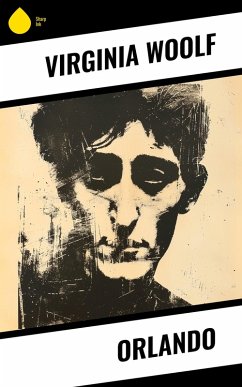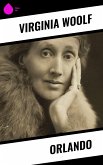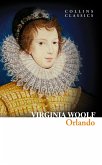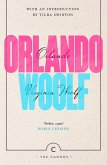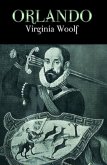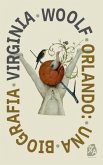In "Orlando," Virginia Woolf crafts a groundbreaking narrative that traverses time and gender, blending biographical and fictional elements to explore the fluidity of identity. Set against the backdrop of English history from the Renaissance to the modern era, Woolf employs modernist techniques marked by lyrical prose and stream-of-consciousness passages. The novel's protagonist, Orlando, undergoes a miraculous transformation from a young nobleman in the 16th century to a woman in the 20th century, embodying the tumultuous relationship between gender, literature, and societal expectations. Woolf's stylistic innovations and rich symbolism invite readers to ponder the complexities of selfhood and the constraints imposed by traditional gender roles. Virginia Woolf, a pivotal figure in the modernist literary movement, often drew inspiration from her own experiences and the literary milieu of her time. Growing up in the intellectual environment of the Bloomsbury Group, she was acutely aware of the limitations placed on women in society and literature. This awareness, combined with her exploration of psychological depth and narrative form, informs "Orlando," a work reflective of her advocacy for artistic freedom and gender equality. "Orlando" is a must-read for those interested in feminist literature, modernist experimentation, or the intricacies of human identity. Woolf's audacious approach not only entertains but provokes essential questions about the nature of self and the historical constructions of gender, making this novel a timeless and transformative journey.
Dieser Download kann aus rechtlichen Gründen nur mit Rechnungsadresse in A, B, BG, CY, CZ, D, DK, EW, FIN, F, GR, HR, H, IRL, I, LT, L, LR, M, NL, PL, P, R, S, SLO, SK ausgeliefert werden.

